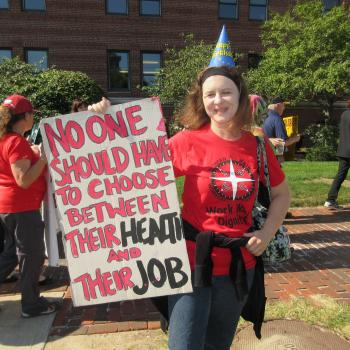From Ill Fares the Land:
“Inequality, then, is not just unattractive in itself; it clearly corresponds to pathological social problems that we cannot hope to address unless we attend to their underlying cause. There is a reason why infant mortality, life expectancy, criminality, the prison population, mental illness, unemployment, obesity, malnutrition, teenage pregnancy, illegal drug use, economic insecurity, personal indebtedness and anxiety are so much more marked in the US and the UK than they are in continental Europe.
The wider the spread between the wealthy few and the impoverished many, the worse the social problems: a statement which appears to be true for rich and poor countries alike. What matters is not how affluent a country is but how unequal it is. Thus Sweden, or Finland, two of the world’s wealthiest countries by per capital income or GDP, have a very narrow gap separating their richest from their poorest citizens–and they consistently lead the world in indices of measurable wellbeing. Conversely, the United States, despite its huge aggregate wealth, always comes low on such measures. We spend vast sums on healthcare, but life expectancy in the US remains below Bosnia and just above Albania.
Inequality is corrosive. It rots societies from within. The impact of material differences takes a while to show up: but in due course competition for status and goods increases; people feel a growing sense of superiority (or inferiority) based on their possessions; prejudice towards those on the lower ranks of the social ladder hardens; crime spikes and the pathologies of social disadvantage become ever more marked. The legacy of unregulated wealth creation is bitter indeed”.
This is a very Catholic viewpoint. It points to the structures of sin in society emanating from the economic system leading to greater alienation among people, moving further away from their natural unity. Given the harmful effects of inequality on the social order, Blessed Pope John XXIII was quite right to say that “the economic prosperity of a nation is not so much its total assets in terms of wealth and property, as the equitable division and distribution of this wealth”.












